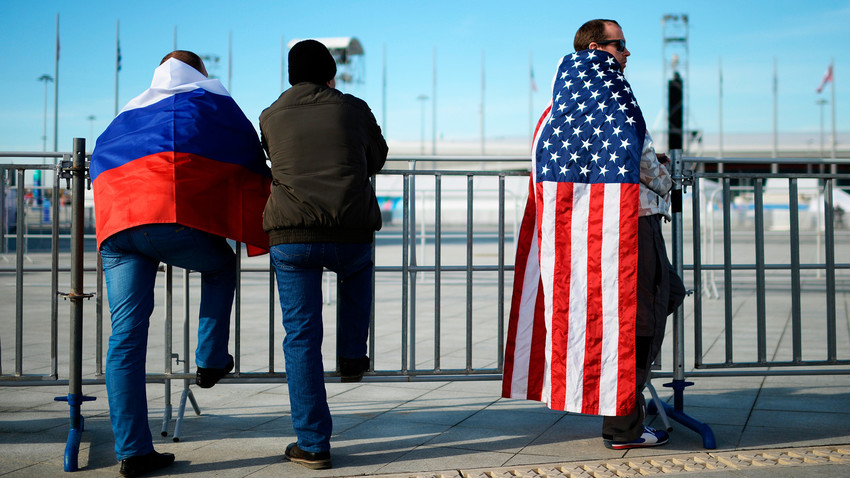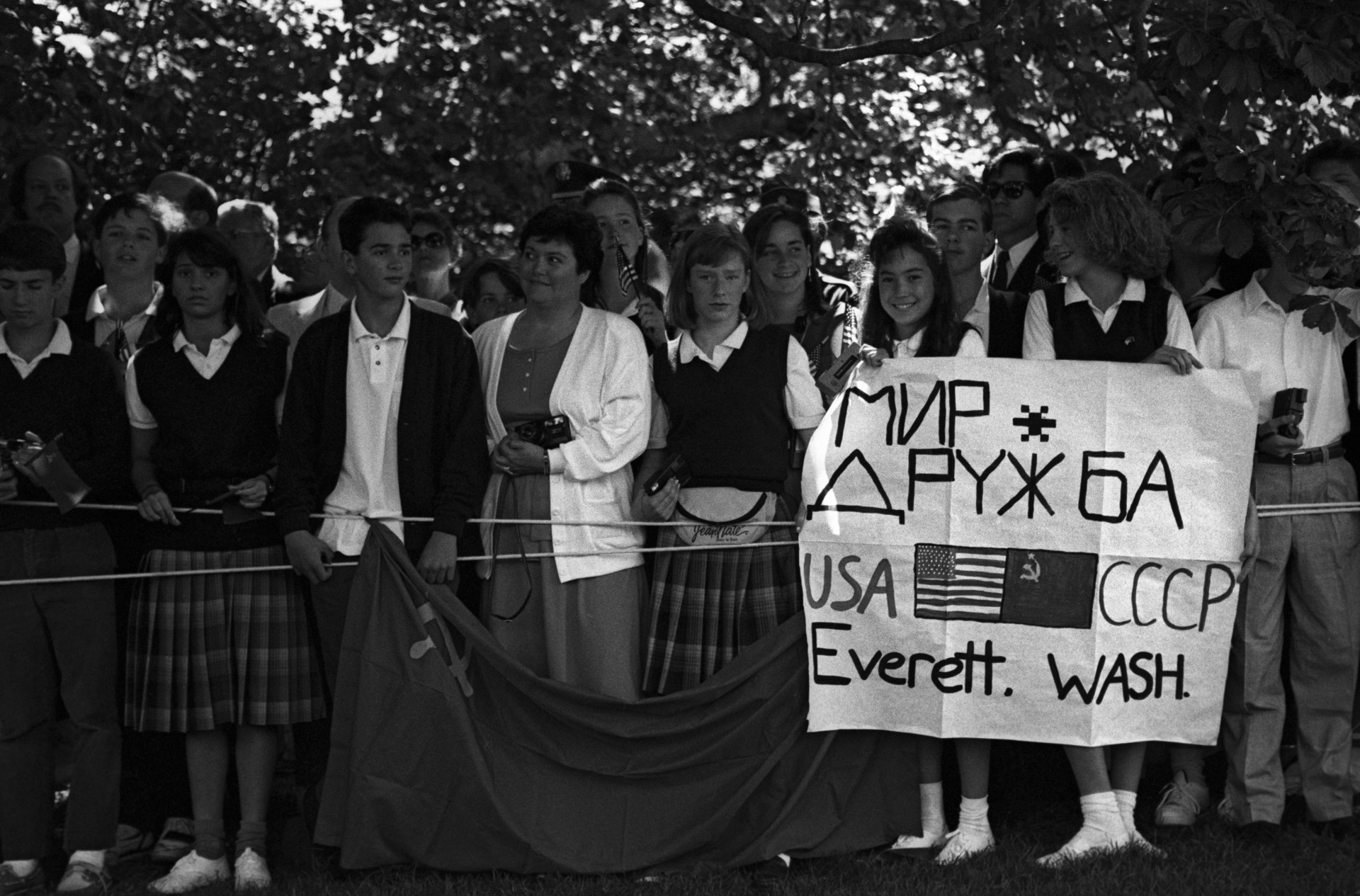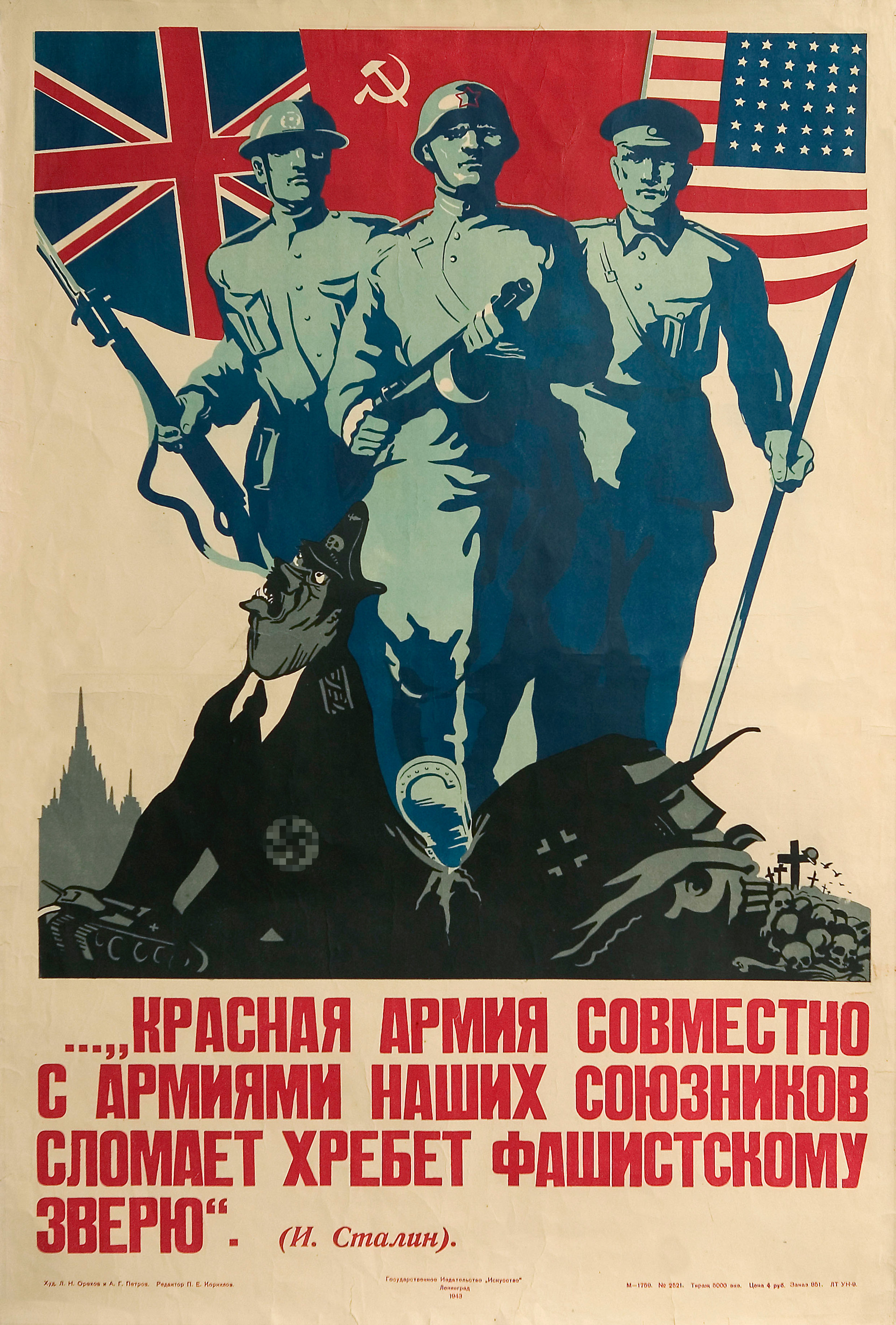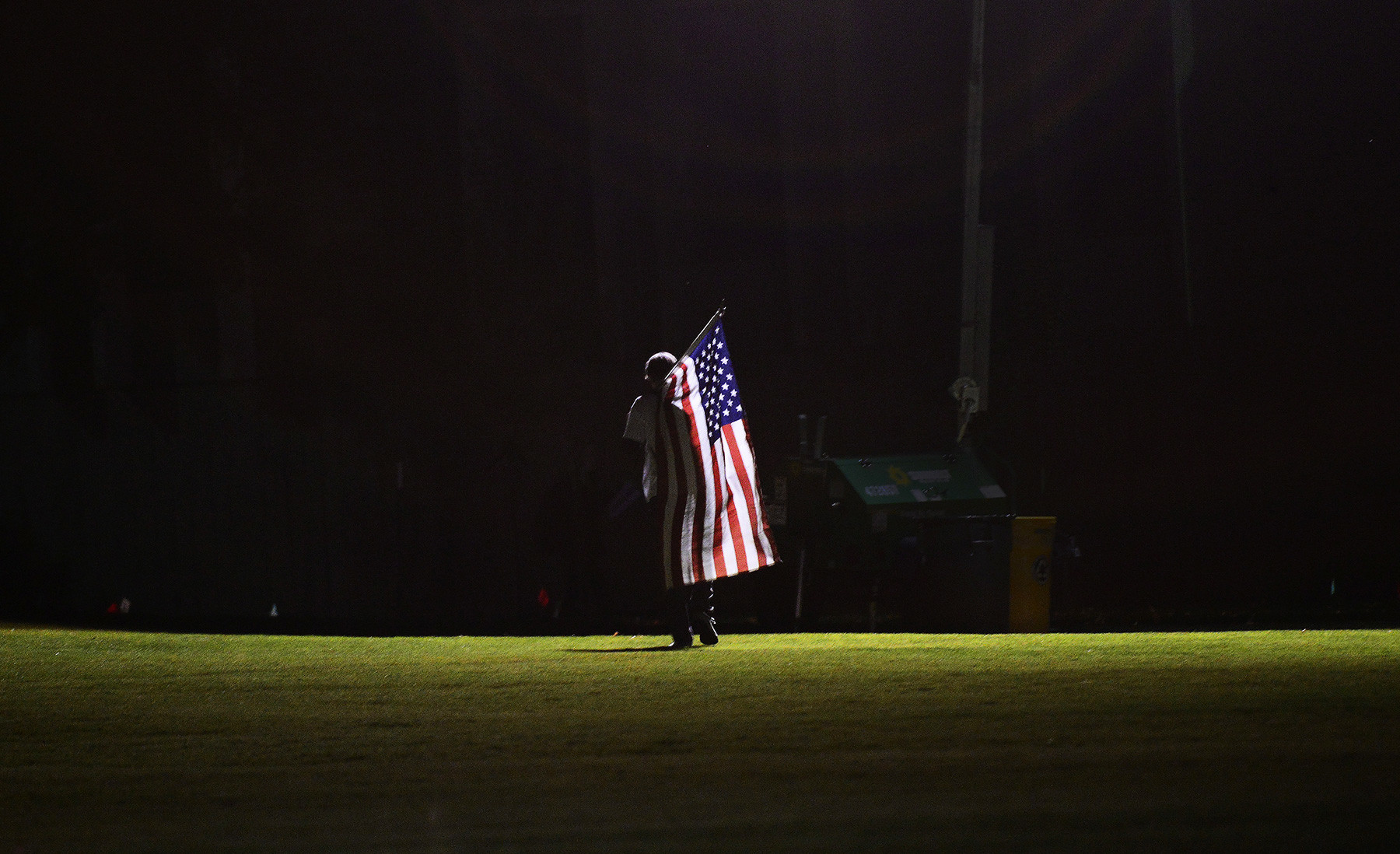Russians and Americans: Why we don't understand each other

After working as a correspondent in the U.S. for 12 years, Mikhail Taratuta realized that Russians have a view of America that is simultaneously much worse and much better than America
Garden of Eden and Hell, at the same time
According to opinion polls, in 1990 only six percent of Russians had a negative view of America, while today the figure is 75 percent. "In our collective

America is perceived as a necessary part of our consciousness, even as a benchmark of sorts. If America suddenly disappeared, it would create a gaping void in the Russian consciousness. "With its disappearance, we would lose the yardstick that has enabled us to condemn the authorities for the absence of democracy and the general disintegration of the country. Europe would remain, of course. But how pathetic and insignificant it is, compared with America the Great!" writes Taratuta.
For decades the Soviet Union portrayed America as an enemy, and to a certain degree this image rallied the people and distracted them from thinking about how bad their lives were. "But we are making rockets, and we have dammed the River Yenisei, and in
The origins of the love-hate relationship
It started with friendship: Russia and the U.S. had a long history of trade relations. During the American Civil War, Russia supported Abraham Lincoln and the North. "We don't need Northern and Southern states - we shall only be satisfied with the United States of America," the Russian foreign minister wrote to the Americans, reminding them that the Russians had been their guardian angel since the time of the first U.S. president

"The Red Army together with the armies of our allies will break the backbone of the Nazi beast," J. Stalin.
SputnikIn World War II, we were allies, but when
"But when everything Soviet, so to speak, collapsed overnight, we immediately, without changing gear, collectively began to love America."
The main differences
"Historically, the paths of our peoples almost never overlapped, the social cultures of our countries evolved in totally different conditions and from very dissimilar components and materials, and, as a consequence, our mentalities reflect different values. Essentially, it is from these differences that a wall of misunderstanding has grown up between us."
Americans are known for their need for personal space. (The American smile that greatly annoys Russians is
Living in a communal system for centuries, a system which the Soviet Union merely consolidated, Russians do not accept dissent. Russia is always searching for a truth that is one and absolute. Even in an everyday argument Russians feel compelled to convince their interlocutor that they are right. But Americans will just express their views and leave it at that.

"The biggest sin in Russia is to remain neutral in the heat of an argument. The Russian mentality does not tolerate ‘centrism’ - those who are not with us are against us, because the truth is an absolute to us."
Security and material prosperity are the
"We couldn't believe that ‘just because’ the Jews were not allowed to leave the Soviet Union, the U.S. Congress introduced restrictions on trade with our country, the still-remembered Jackson–Vanik Amendment. It is another matter that the amendment was not abolished until 40 years later, when its very cause had already long receded into history, and every last Jew who wanted to leave Russia had comfortably relocated to the other side of the border. But that is another story."
Read more: Why did Russia sell Alaska to the United States?
If using any of Russia Beyond's content, partly or in full, always provide an active hyperlink to the original material.
Subscribe
to our newsletter!
Get the week's best stories straight to your inbox